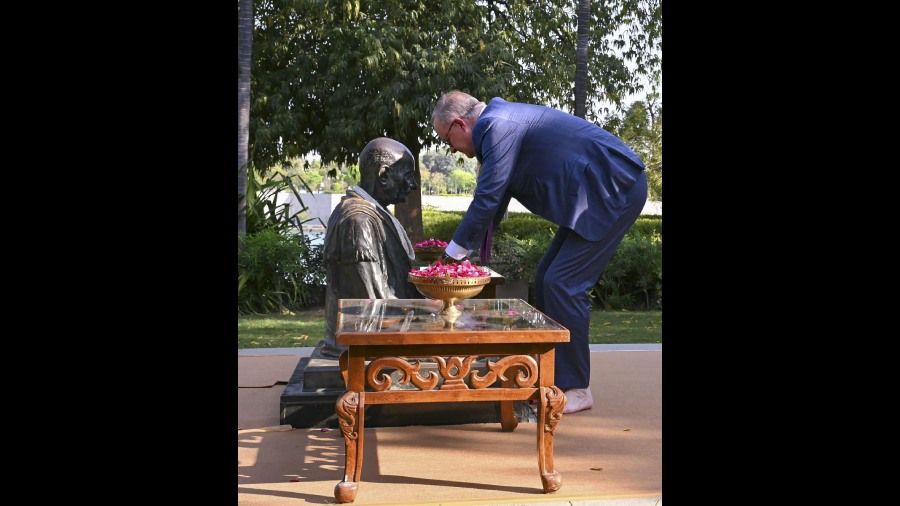India and Australia are expected to sign deals on energy, trade and investment during the four-day visit of Australian Prime Minister Anthony Albanese.
Australia is strengthening its trade and diplomatic ties with India following its cold relations with China, which has imposed an informal ban on Australian products.
The three-day visit by Albanese, starting Wednesday, the first by an Australian Prime Minister since 2017, comes days ahead of a visit by Japanese PM Fumio Kishida, another member of the so-called Quad grouping that seeks to counter China’s growing domination in the Indo-Pacific region.
The Australian Prime Minister will be accompanied by a high-level business delegation from his country.
Officials have said Indian firms were expected to sign several deals which would result in Australia shipping more coal, gas and critical minerals to the country.
The stronger strategic relationship is tipped to lead to more investment in Australian resources including lithium at a time countries are racing to secure supplies to manufacture batteries and electric vehicles.
The talks will cover ways to boost Australian supplies of fossil fuels, with India’s demand for coal forecast to grow 7 per cent across its power stations by 2025 and by 20 per cent at its steelmakers and other industrial users.
India and Australia are keen to cooperate in clean energy and have taken several initiatives on the matter.
In February 2022, India and Australia signed a letter of intent (LoI) on new and renewable energy, which provides for cooperation towards bringing down the cost of renewable energy (RE) technologies, especially ultra-low-cost solar and clean hydrogen.
Officials said the country is also likely to announce significant investments in the rare earth sector.
The two countries signed last year a free trade agreement, the first signed by India with a developed country in a decade.
It has resulted in the reduction of duty to zero on 96 per cent of Indian exports to Australia in value and zero duty on 85 per cent of Australia’s exports to India.
However, a much larger Comprehensive Economic Cooperation Agreement has been stuck in negotiations for over a decade.











